Under its statutory authority, FERC has the power to influence retail rates for natural gas and electricity, including by preventing market manipulation in wholesale natural gas and electricity markets and enforcing gas spot market transparency. We urge the Commission to use its existing regulatory authority to ensure that households’ energy bills are not driven up by manipulation, obfuscation, or other malfeasance from regulated entities, and to work collaboratively with other agencies to address energy debt.
High profile market manipulation cases tell the real story. Actual amounts allegedly obtained through market manipulation are small in comparison to the fines FERC attempts to levy on these supposed manipulators in order to get them to accept blame and settle.
Case in point - Powhatan and Alan Chen. Actual amounts Powhatan supposedly pocketed from "market manipulation" totaled $3,465,108. Actual amounts Alan Chen and his two funds supposedly pocketed from "market manipulation" totaled $1,253,676. That's a combined total around $4.7M in supposed "higher energy costs" shared by the low-income households these Congressional posers claim to care so much about. However, FERC also added fines totaling $16,800,000 to the Powhatan amount, and $13M to the Chen parties. When Chen settled last year, he paid only $600K in disgorgement (amount supposedly stolen, plus interest) and zero in fines. He was rewarded for dropping his defense by paying only half of what he supposedly stole and zero in penalties. Will that $600K recovered do anything to offset the energy bills of low-income households? Of course not. It's a fart in a windstorm.
Can FERC's outsized assessment of penalties for supposed market manipulation actually become a source of income for offsetting low-income energy bills? Of course not. The penalties are just for show... a carrot on a stick to encourage accused manipulators to give up and accept responsibility, whether they did anything wrong or not. FERC's overly aggressive enforcement is supposed to result in settlements like Chen's, which pays back little. It's more about the optics for FERC. Yee Haw, cowboys!
Attempting to lower energy bills by becoming even more aggressive is not a solution to high energy bills.
Any why is it that FERC so aggressively goes after these traders, instead of its stable of investor owned utilities? When a utility steals money from ratepayers, they just have to say, "Oops, my bad," and everything is forgiven. It was just a terrible mistake. They didn't mean to do it. But, yes they did. And there's a lot more money to be saved for low income consumers if FERC would aggressively audit these utilities and assess gigantic fines for "mistakes."
Is there actually such a thing as an accounting mistake that favors big utilities? My experience says no... they do it on purpose because getting caught results in no penalties whatsoever.
So, is there a mistake where traders make money in the energy markets? Probably the biggest mistake is the plain fact that traders are so much smarter than the ones who are supposed to be minding the store. Markets are so poorly designed that it's easy to find the sweet spot. When a trader does find the sweet spot, new rules are made. Great... but FERC prosecutes the traders who found the sweet spot in the first place. FERC thinks they should have known that making money in the electric markets was bad and avoided it.
If traders are so manipulative and bad for energy consumers, why does FERC allow them into the market in the first place? It's because the competition they bring lowers energy prices overall and makes the market function. Without traders, those big energy corporations the Democrats hate so much would create a market cartel and drive energy prices way up. So, what's to be gained by scaring traders away from energy markets with gigantic fines and aggressive prosecution? What if they all really did get discouraged and go away? It would be a veritable $$$ feast for utilities. And that would drive up energy prices for everyone.
It's not competitive energy markets that are driving up energy costs. It's the failed policies and bad laws enacted by the very same Democrats who are complaining about high energy prices. The "Building a Better Grid Initiative" is chock full of profitable handouts to big energy corporations.
- Deploying more than $20 billion in federal financing tools, including through the Bipartisan Infrastructure Law’s new $2.5 billion Transmission Facilitation Program, $3 billion expansion of the Smart Grid Investment Grant Program, and more than $10 billion in grants for states, Tribes, and utilities to enhance grid resilience and prevent power outages, and through existing tools, including the more than $3 billion Western Area Power Administration Transmission Infrastructure Program, and a number of loan guarantee programs through the Loan Programs Office.
But, wait, there's more!!!
(1) Transmission Facilitation Program. The IIJA establishes a new $2.5B revolving fund to
facilitate the construction of high capacity new, replacement, or upgraded transmission lines. This program will prioritize projects that improve resilience and reliability of the grid, facilitate inter-regional transfer of electricity, lower electric sector greenhouse gas emissions, and use advanced technology. DOE is authorized to do so through three separate tools.
• DOE is authorized to serve as an anchor customer on new and upgraded transmission lines in order to facilitate the private financing and construction of the line. Under this authority, DOE would buy up to 50 percent of planned capacity from the developer for a term of up to 40 years. A purchase of capacity will not be considered a “major federal action” that would trigger environmental review pursuant to the National Environmental Policy Act (NEPA). DOE will then market the capacity it has purchased to recover the costs it has incurred once the project’s long-term financial viability is secured.
DOE is authorized to make loans for the cost of carrying out eligible transmission projects.
DOE is authorized to enter into public-private partnerships to co-develop projects that are located in a National Corridor or that are necessary to accommodate an increase in demand for interstate transmission, among other criteria. Such co-development can entail the design, development, construction, operation, maintenance, or ownership of a project.
So, why are they posturing like this? It seems like my creative adjective penning and name-calling buddies at Marcellus Drilling News have pinpointed the answer.
“Anti” in MDN’s parlance means “anti-fossil fuel.” Being anti-fossil fuel is a wholly insane philosophical position to take, yet many in the Democrat Party have taken that position. (Yes, we’re calling some Democrats insane.) People like Sen. Elizabeth “Pocahontas” Warren, Sen. Ed “Lackey” Markey, and Sen. “Crazy” Bernie Sanders, and others in Congress, bash away and demand the end of fossil fuels. Yet those same antis who demand an end to fossil energy have just sent a letter to the Federal Energy Regulatory Commission (FERC) demanding FERC do something to lower the price of oil, natural gas, and electricity in their blue states. Why? Because they don’t want to be voted out of office for their obviously failed policies.
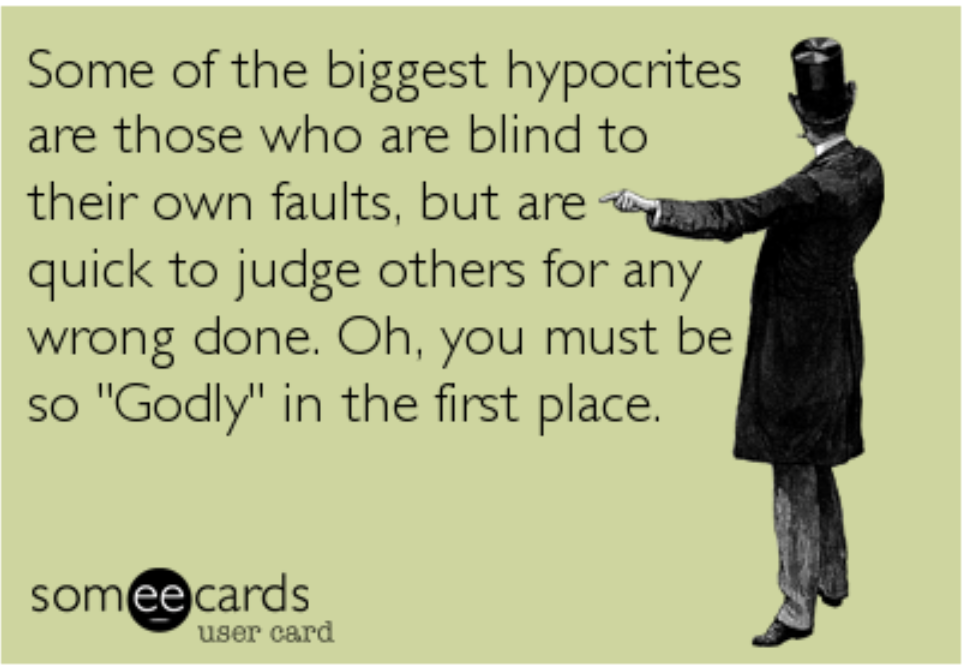

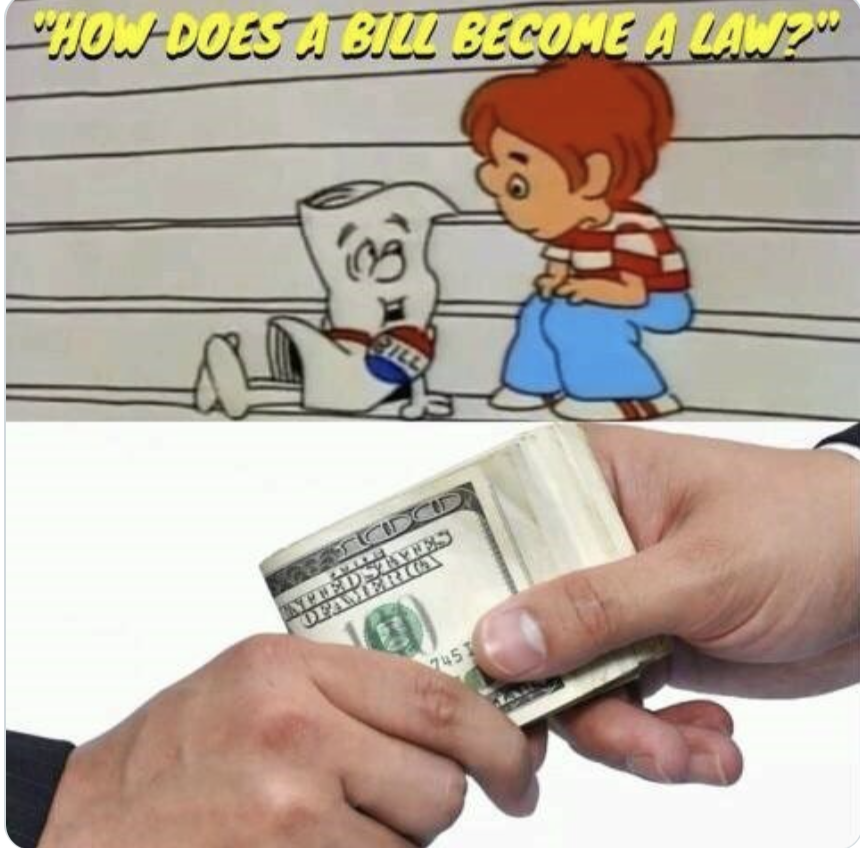
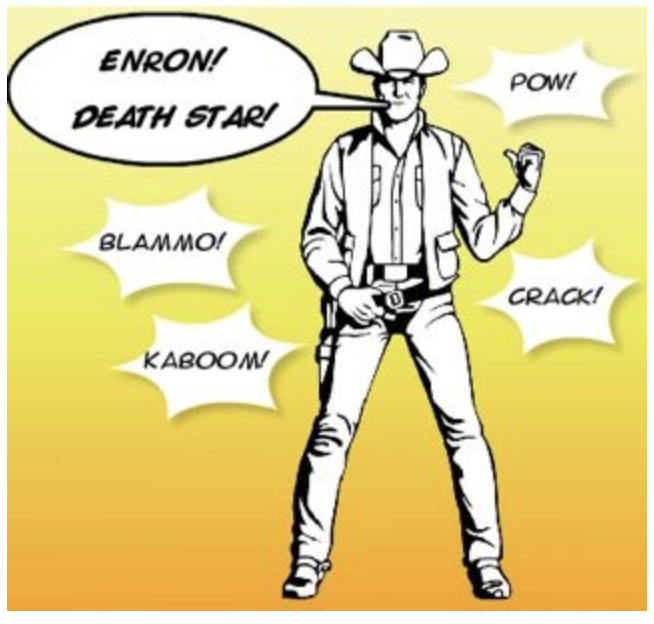
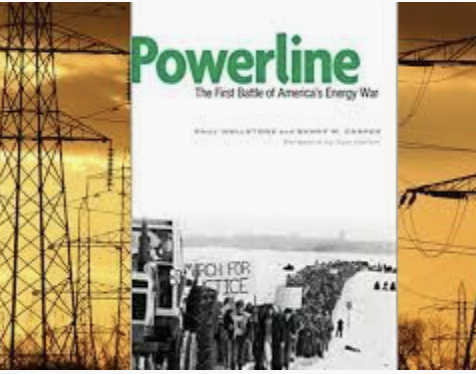
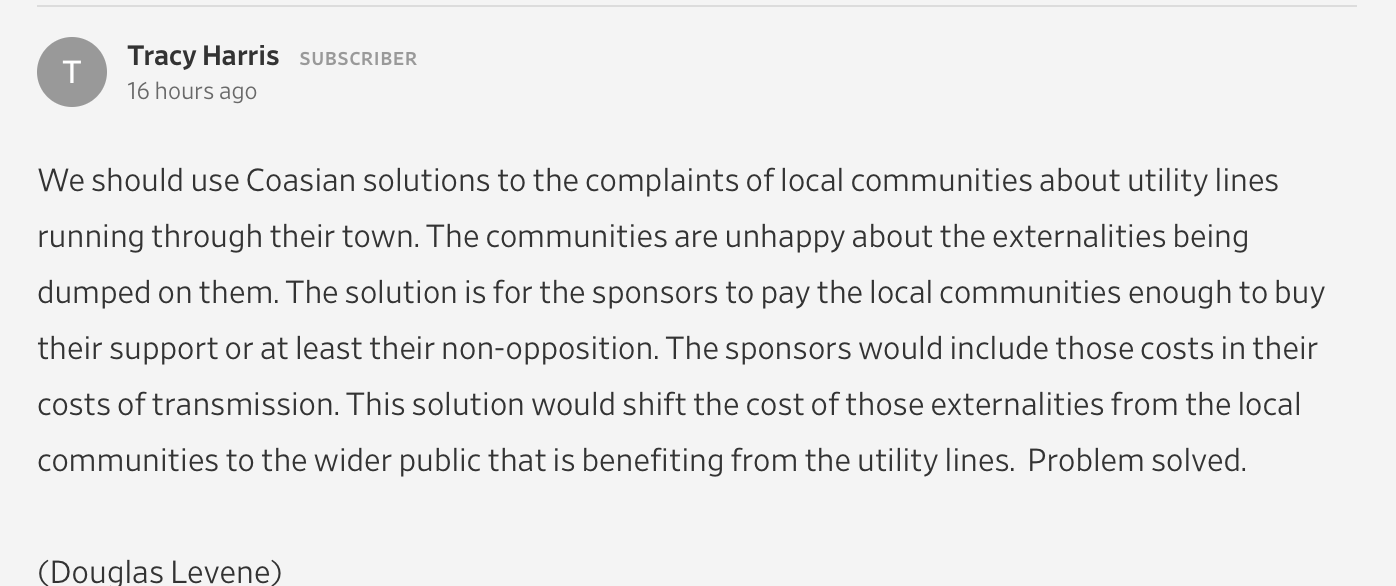
 RSS Feed
RSS Feed